The MOSAiCH Call 2027 offers researchers a unique opportunity to collect representative data in Switzerland on relevant societal issues at no cost.
The European Social Survey (ESS) has released the final data for Round 11 (2023/24). Data from all 30 participating countries, including Switzerland, is now accessible via the ESS Data Portal.
The LIVES Centre is launching the “Good Life” Data Challenge. Use SHP data to explore what predicts a happy, meaningful, and psychologically rich life. Submit a brief theory-driven proposal by 15 February 2026.
On 2 June, we will provide an introduction to the Swiss Household Panel and data management using SPSS. From 3 to 4 June, Ursina Kuhn and Oliver Lipps from FORS will deliver a course on fixed-effects models.
How do factors like social origin, education, migration background, or gender shape life chances over time? Consult the editorial and the full research topic.
An updated guide on data management with SPSS is now available on our website. Download the guide and simplify your data preparation process.
We are pleased to launch our modernised visual identity, which reflects our evolution and aligns with our activities and ongoing development.
From questionnaire design to data analysis, FORS offers comprehensive methodological support for your surveys. Contact us to discuss your needs and request an offer.
SENPro (Swiss EOSC Node Prototype) aims to assess and prototype a national interdisciplinary node of the European Open Science Cloud (EOSC), enabling Switzerland to better connect its research data infrastructures to the European Open Science ecosystem.
The SHP & TREE co-hosted a well-attended conference at UNIL on June 4–5, 2025, featuring a rich programme on key social topics such as education, health, migration & methodology.
Final 2022 Family and Changing Gender Roles V data released, and call for abstracts for the 4th ISSP User Conference (Nov 24, 2025). Submission deadline: October 20, 2025.
This paper by FORS Director Georg Lutz and Rita Gautschy (DaSCH) is an important reference for shaping future policy and ensuring the long-term sustainability of research infrastructures in Switzerland.
The Selects cumulative dataset provides a pooled set of Swiss election survey data which covers the period between 1971 and 2023.
We have just published our 2024 FORS Annual Report, which provides an overview of our main activities and developments over the past year.
Register now for the third online webinar on Authority data, standards and metadata. 28th of May (2:00–3:30pm). Hosted by Rita Gautschy (DaSCH) & Auriane Marmier (FORS).
Do you have questions about managing and sharing your social science research data? We’ve got answers. Every second Thursday of the month from 13:00 to 14:00 online.
Release of the MOSAiCH/ISSP 2024 data on “Digital Societies”, collected in spring 2024.
Have you ever wondered how your data is handled when you participate in one of our FORS surveys? To ensure full transparency, we have created a short video that takes you behind the scenes of our data security processes.
All datasets are on SWISSUbase, with Wave 25 including new questions on asylum seekers and the environment.
The Swiss Election Study Selects has been investigating turnout and electoral behaviour in federal elections since 1995.
The Sounding Board of Service Providers has just published a report with key recommendations to strengthen Open Research Data practices in Switzerland.
This doctoral study based on the SHP reveals that urban greenery and mixed land use significantly enhance life satisfaction, offering valuable insights for future urban planning.
Do you use SWISSUbase to share or access data? If you are interested in learning more about the platform, its services, or the teams and institutions behind SWISSUbase, visit our newly launched Info Website.
The final version of the ISSP 2021 Health and Health Care II data file offers insights into health attitudes and behaviours from Switzerland and 29 other member countries.





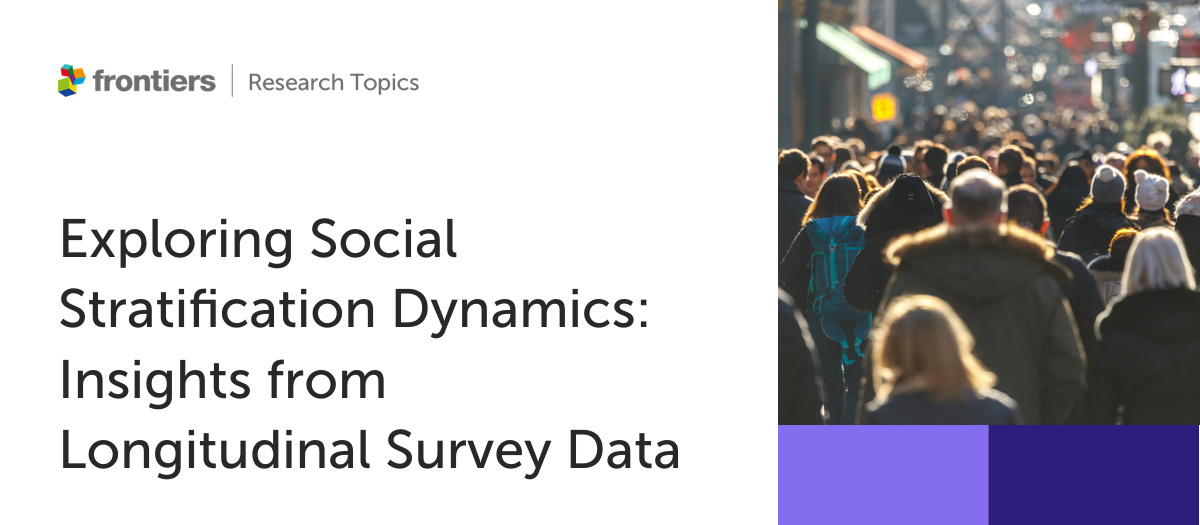

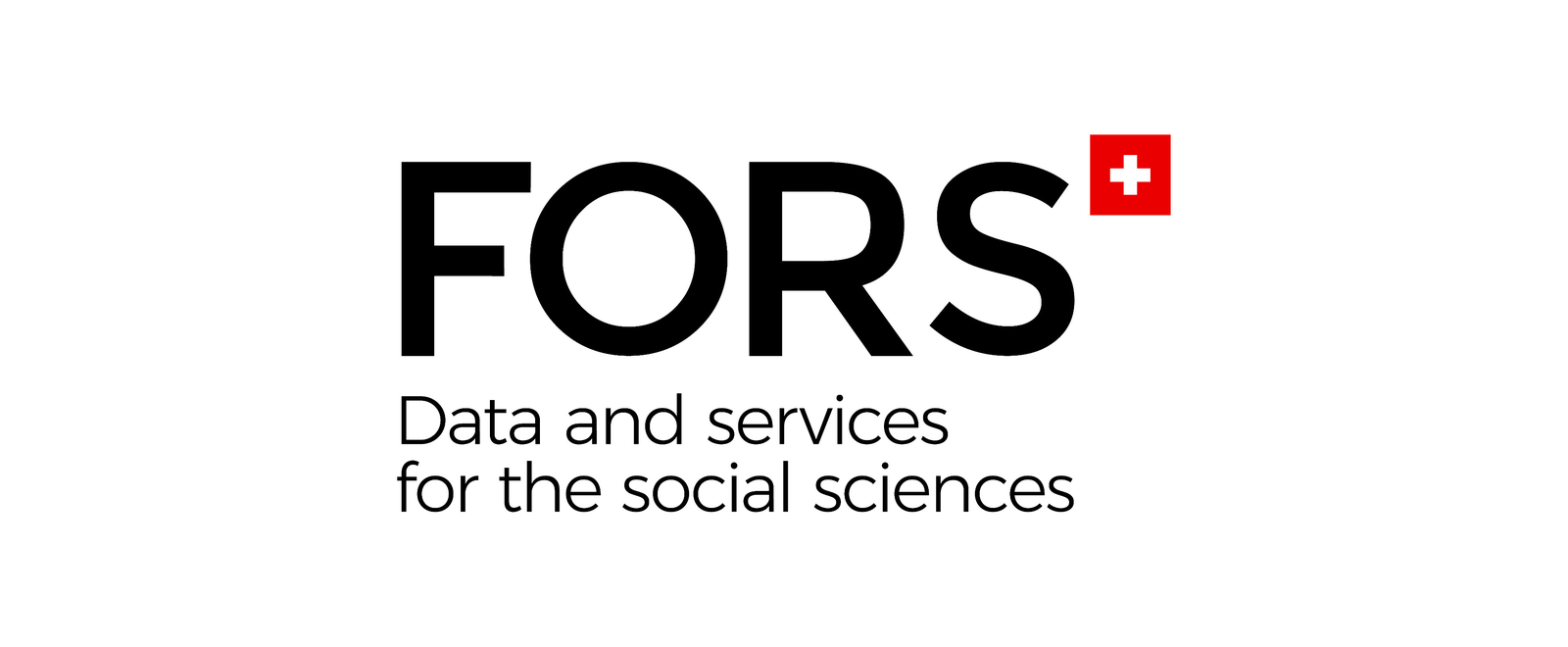






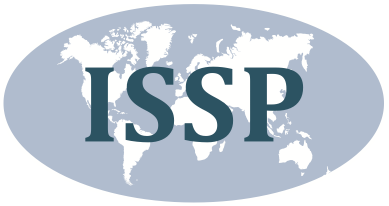










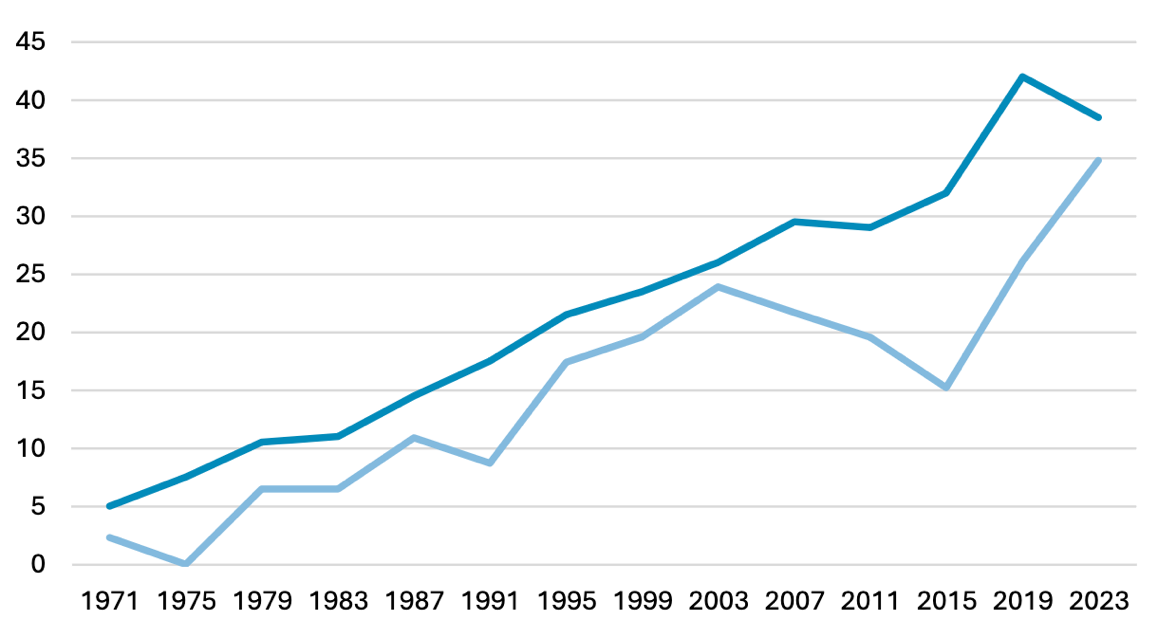

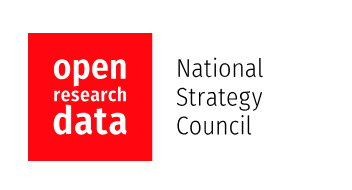



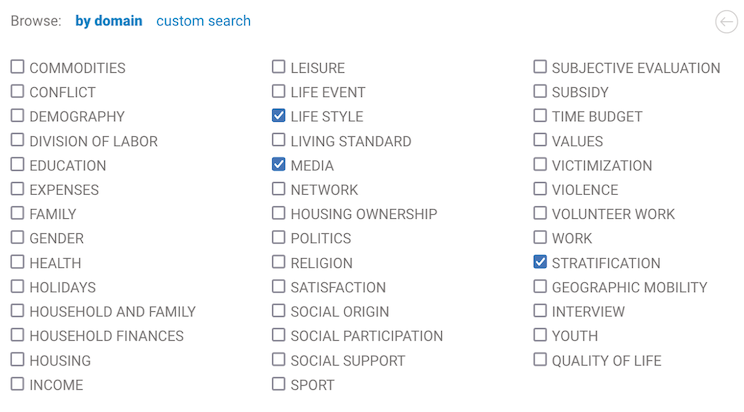
 Bâtiment Géopolis,
Bâtiment Géopolis, +41 (0)21 692 37 30
+41 (0)21 692 37 30

